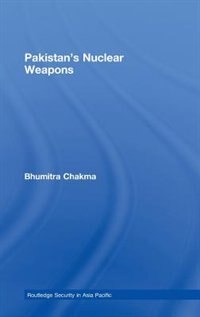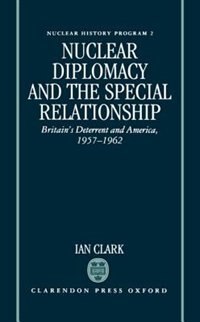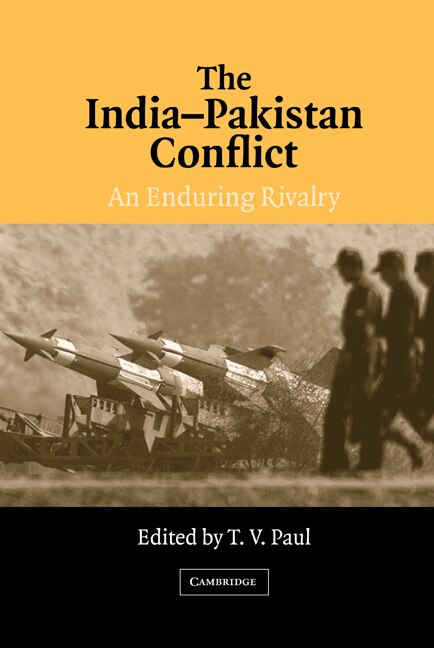Home
India-pakistan Nuclear Diplomacy by Mario E. Carranza, Hardcover | Indigo Chapters
Loading Inventory...
Coles
India-pakistan Nuclear Diplomacy by Mario E. Carranza, Hardcover | Indigo Chapters
From Mario E. Carranza
Current price: $151.00


Coles
India-pakistan Nuclear Diplomacy by Mario E. Carranza, Hardcover | Indigo Chapters
From Mario E. Carranza
Current price: $151.00
Loading Inventory...
Size: 1.08 x 9.33 x 1.33
*Product information may vary - to confirm product availability, pricing, shipping and return information please contact Coles
The conventional wisdom, based on realist premises, is that nuclear weapons are an irreversible reality in South Asia, and that efforts to denuclearize the subcontinent are a futile endeavor. As a result, real nuclear arms control in South Asia remains elusive and scholars continue focusing their efforts on how to achieve crisis stability and deterrence stability in future Indo-Pakistani confrontations. However, they tend to analyze India and Pakistan's nuclear diplomacy as if the nuclear competition occurred in complete isolation from the changing dynamics of the international social environment. Using a constructivist model, this study brings nuclear arms control and disarmament back into the debates on the future of Indo-Pakistani relations. Constructivism recognizes the independent impact of international norms, such as the Nuclear Non-Proliferation Norm (NNPN), on India and Pakistan's nuclear behavior. Even though the NNPN does not legally bind them, it is reinforced at the global level, and may lead the South Asian rivals to move in the direction of nuclear arms control and disarmament, thus reducing the costs, dangers, and risks of an eternal strategic rivalry. After examining the main tenets of constructivism in international relations, the works delves into the proliferation debate, discussing nuclear reversal and U. S. policy toward the subcontinent since the G. W. Bush administration. It looks at the prospects for nuclear arms control and disarmament in South Asia after the U. S.-India nuclear deal of 2008, and the nuclear abolitionist wave during the first Obama administration. It concludes with the contribution of social constructivism to understanding how changes in the India-Pakistan nuclear status quo can happen. | India-pakistan Nuclear Diplomacy by Mario E. Carranza, Hardcover | Indigo Chapters













